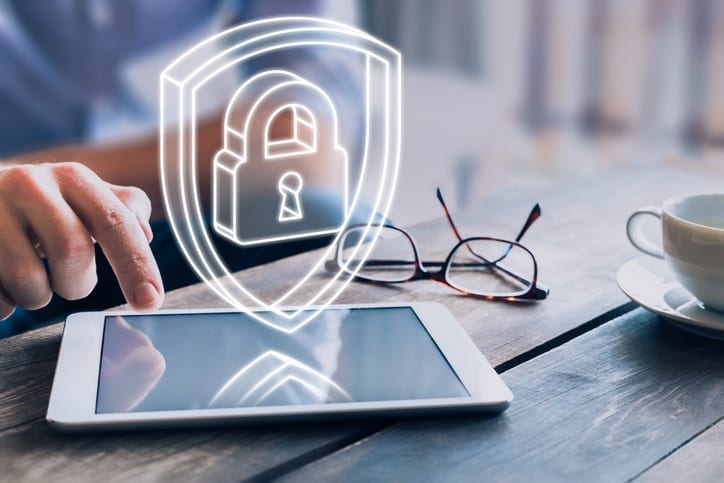October marks National Cyber Security Awareness Month. Online safety in the workplace is a shared responsibility between all levels of employees, from the owners down to the interns. Use these simple tips to stay safe online.
What is National Cyber Security Awareness Month?
National Cyber Security Awareness Month is hosted by the National Cyber Security Alliance. It aims to shed light on numerous cyber security-related issues, ranging from the shortage of employees in the industry to the staggering number of cyberattacks perpetrated daily.
Be sure to follow @StaySafeOnline on Facebook and Twitter to keep up with the valuable resources they post daily.
Actionable Cyber Security Tips
1. Learn to Spot Cyberattacks
We’ve mentioned this in nearly every single cyber security blog post we’ve written over the last few years. Learning to recognize the warning signs that someone is trying to scam you or that your network has been infiltrated is by far the most important cyber security skill anyone can have.
Here are signs that you may be the victim of a cyberattack:
- You are receiving suspicious emails that urge you to open a document/link or ask you to respond with your password or financial information
- Your password is compromised
- You notice an unusual amount of popups
- Your computer or network is running substantially more slowly than usual
- Programs and applications continuously crash
It’s critical that you notify your IT department immediately if one of the above happens to you.
2. Update your Software
Make sure you update your operating system and other applications, like Microsoft Word or your web browser, regularly. Most updates contain important cyber security patches that your network is vulnerable without.
3. Password Safety
Passwords should be strong, which means they should contain a healthy mix of uppercase letters, lowercase letters, numbers and special characters.
They also shouldn’t be obvious to guess (a shocking amount of people use “password” as their password—we hope you’re not one of them). Do your best to vary the passwords across every login you have, so if one gets hacked, the others will not.
It’s a common misconception that you should change your password regularly. Only change it if you are alerted that someone tried to login to your account.
4. Stick with HTTPS
Any time you enter your personal information on a website, make sure the URL in the address bar begins with “https.” This means the connection between your network and the website is secured via an SSL Certificate or TLS Encryption. In other words, it’s much less likely for hackers to intercept your information.
5. File Backup
Sometimes, cyberattacks happen no matter how many precautions you take. For this reason, it’s vital that all important files are backed up.
For small amounts of data, flash drives and internet-based cloud backup hosts like Dropbox may do the job. However, companies that process large amounts of data should have professional backup services.
Encourage your team to practice cyber safety this National Cyber Security Awareness Month.





